Life
Sign up for our newsletter
We summarize the week's scientific breakthroughs every Thursday.
-
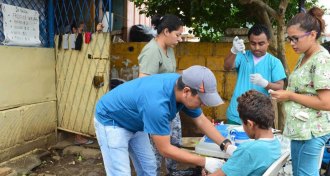 Health & Medicine
Health & MedicineHuman study supports theory on why dengue can be worse the next time around
The amount of dengue antibodies leftover in the blood may up the chances of a severe second dengue infection, a study finds.
-
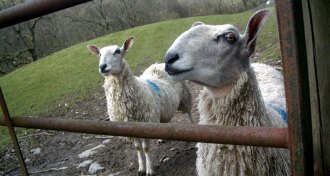 Animals
AnimalsFace it: Sheep are just like us when it comes to recognizing people
Sheep trained to recognize celebrity faces demonstrate that the animals have face-recognition capabilities similar to humans and other primates.
-
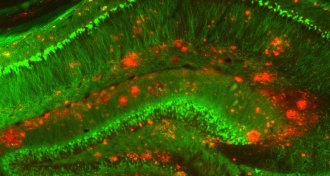 Neuroscience
NeuroscienceAlzheimer’s protein can travel from blood to build up in the brain
Experiments in mice show Alzheimer’s protein can travel from the blood of an affected mouse to the brain of a healthy animal.
-
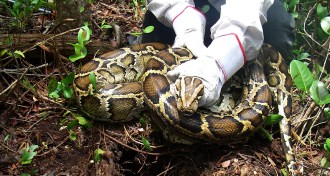 Ecosystems
EcosystemsInvasive species are a growing global threat
'The Aliens Among Us' describes how invasive species are colonizing — and disrupting — ecosystems worldwide.
By Sid Perkins -
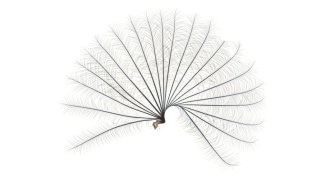 Animals
AnimalsHere’s why some water striders have fans on their legs
A fan of tiny, elegant plumes on their legs helps certain water striders dash across flowing water without getting wet.
By Susan Milius -
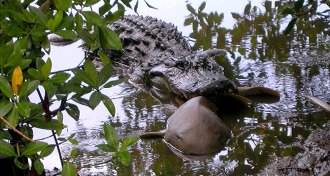 Animals
AnimalsAlligators eat sharks — and a whole lot more
Alligators aren’t just freshwater creatures. They swim to salty waters and back, munching on plenty of foods along the way.
-
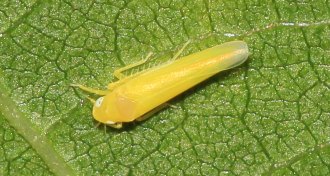 Animals
AnimalsLeafhoppers use tiny light-absorbing balls to conceal their eggs
Leafhoppers produce microscopic balls that absorb light rather than reflect it and help camouflage the insects’ eggs.
-
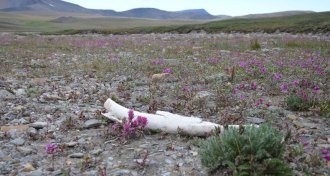 Paleontology
PaleontologyWhat male bias in the mammoth fossil record says about the animal’s social groups
Male woolly mammoths were more often caught in natural traps that preserved their remains, DNA evidence suggests.
-
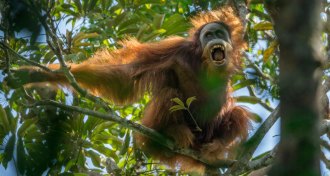 Animals
AnimalsNo more than 800 orangutans from this newly identified species remain
Endangered population of orangutans is the oldest surviving red ape lineage, a new study finds.
By Bruce Bower -
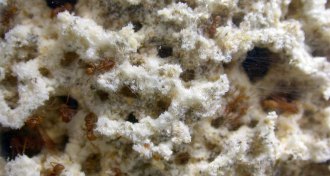 Animals
AnimalsAnts were among the world’s first farmers
50 years ago, researchers began unraveling the secrets to Attine ants’ green thumbs.
-
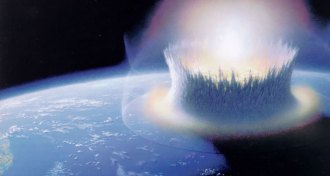 Earth
EarthDino-dooming asteroid impact created a chilling sulfur cloud
The Chicxulub impact spewed more sulfur than previously believed.
-
 Animals
AnimalsGreat praise for categories, and seeing beyond them
Acting Editor in Chief Elizabeth Quill discusses classification and some of the challenges of putting species in categorical boxes.